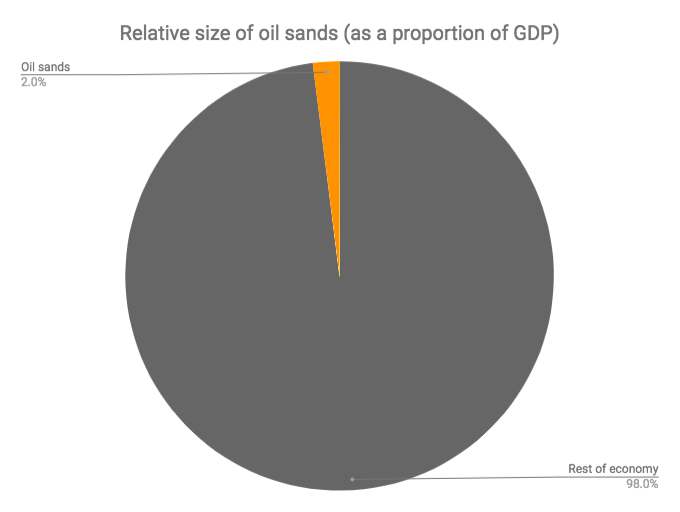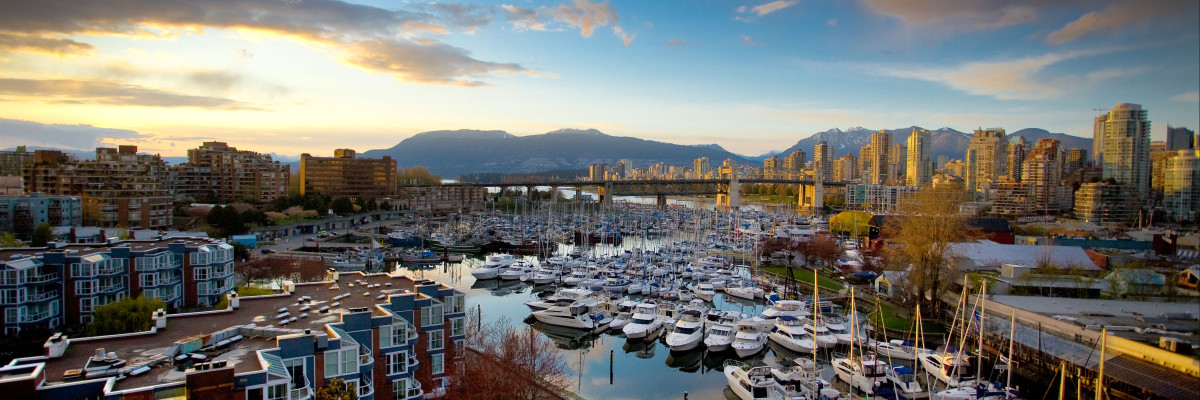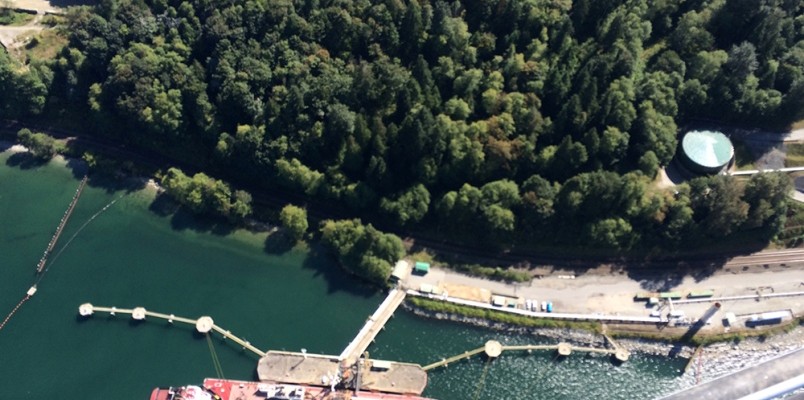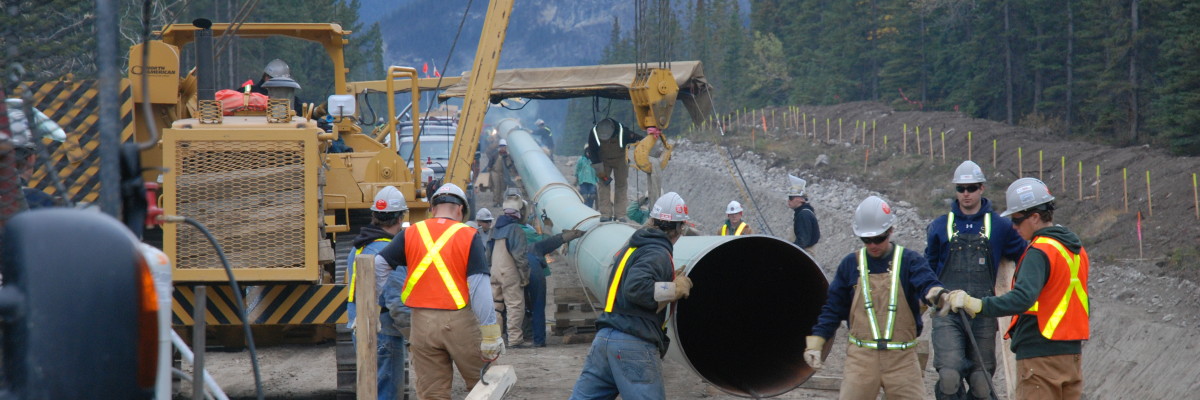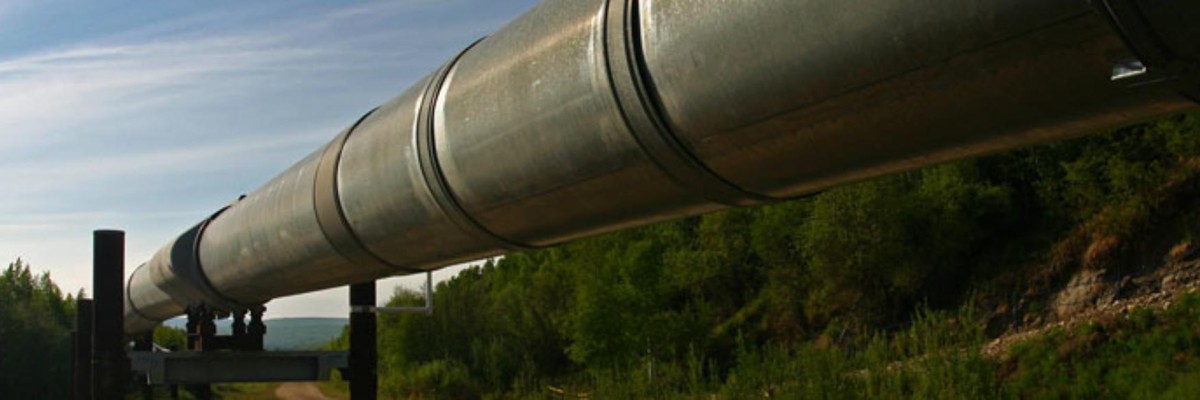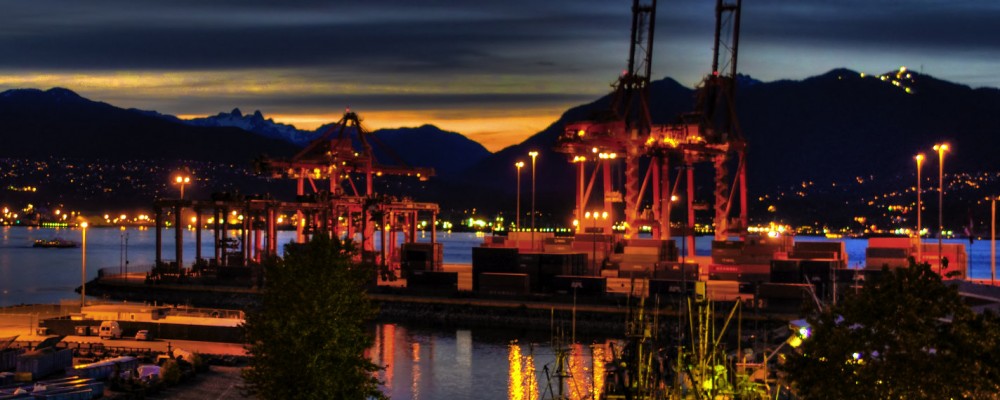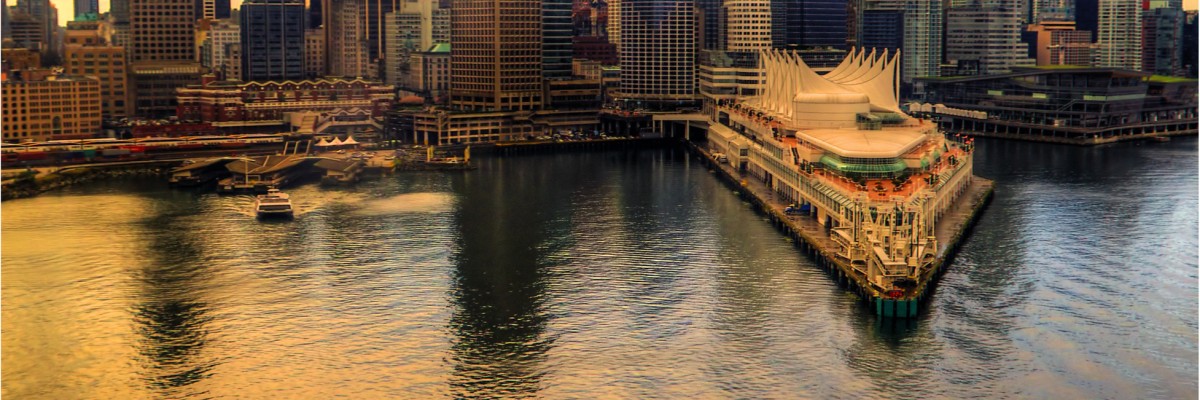
Much of the recent debate around Kinder Morgan’s pipeline and tanker project has centered around vigorous debate between the provinces of BC and Alberta and the question or whether the project is in the national interest. Ultimately, this depends on what kind of economy Canadians want to invest in, and what kind of economic future we want to create.
There are also important questions about whether Canada’s economy is reliant on oil sands expansion, and whether the pipeline would create long-term jobs. Because of these key questions, we are updating and re-sharing some of our previous research around what’s fuelling Canada’s economy and where Kinder Morgan’s pipeline fits in.
At the same time, over 700 businesses have joined together to raise concerns about investing taxpayer dollars in Kinder Morgan’s risky pipeline and tanker project at http://LetsMoveForward.ca
Where Does Canada’s Wealth Come From?
A diverse mosaic of industries forms our national economy, from tech start ups to winter sports to microbreweries. Although key industries vary significantly across regions, some clear national trends are also evident.
Real estate is by far Canada’s largest sector overall, contributing a full 13% of national GDP. Manufacturing and retail and wholesale trade are also significant, each bringing in some 11% of GDP (according to 2017 data by StatsCan). Construction and finance each generate another 7% of GDP.
Comparatively, in 2017, the oil and gas extraction sector was responsible for 6.5% of national GDP (again according to StatsCan). Although still significant, this economic contribution is less than most Canadians realize, as reported in a poll conducted by Environics.

Of this, the Alberta oil sands (what Statistics Canada calls “unconventional oil and gas extraction”) contributed just 2% of GDP – a number that has remained relatively consistent over the past several years.
Which Sectors Contribute the Most to Social Spending?
Another part of the ‘national interest’ conversation has focused on whether Kinder Morgan’s pipeline is necessary to pay for other public investments, like schools and hospitals. To answer this question, first it’s important to put the energy sector in context.
In 2014, the total the oil and gas sector––including oil and gas extraction and support activities––contributed 3.6% of all federal corporate tax revenue. This number is relatively low compared to financial and insurance services, which together contributed 23% of all federal corporate taxes, and construction, which contributed 7.6%. It is also notably lower than the manufacturing sector, which covered 14% of federal tax revenues in 2014.
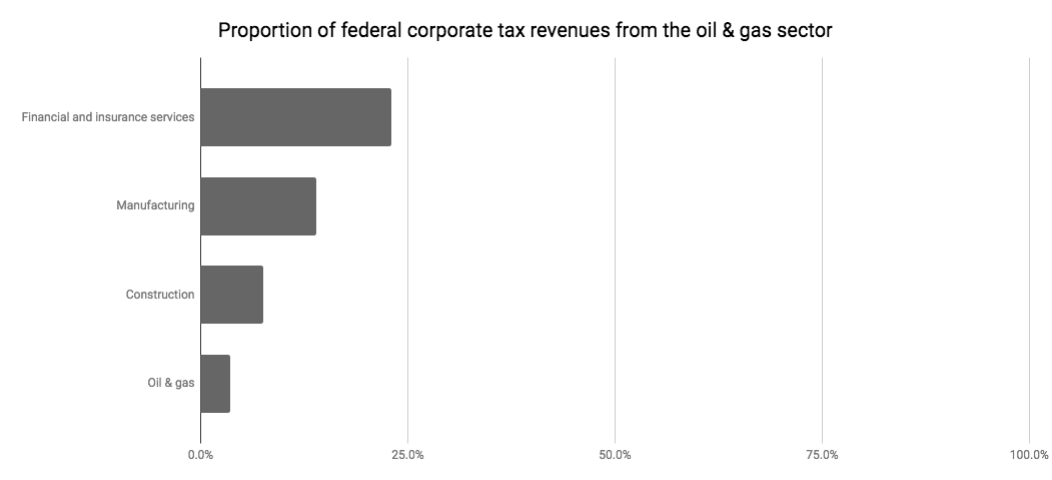
Read our full 2016 report for more details: WHAT’S FUELLING OUR ECONOMY: Is Kinder Morgan’s Proposed Pipeline Inconsistent with New Economic Trends and Realities?



